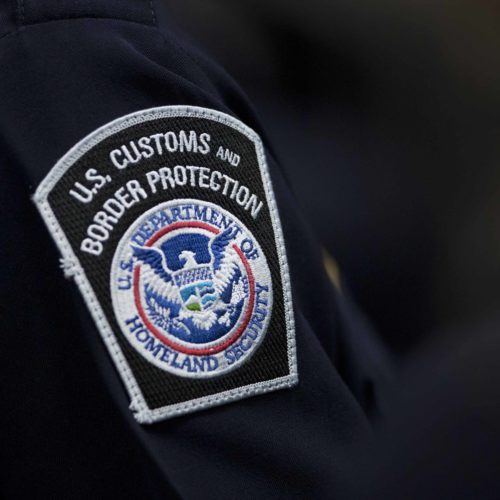Introduction
We’re continuing our Q&A series with reporters who have published powerful investigative stories — but a little differently this time. Ben Watson, a journalist for Defense One, was stopped by a customs official last week at Dulles International Airport. He wasn’t let through until he admitted that he wrote “propaganda.” He wrote about what happened in Defense One here.
How did you get the “story?”
This episode very much fell into my lap when I was on the receiving end of apparently abnormal and unnecessary questioning by a Customs official at Dulles International Airport just last week. The official didn’t seem to be interested in exactly what outlet I worked for. He just heard me reply to his question about what I do with “journalism” and that was all he needed to proceed with a fairly non-standard line of inquiry, insisting I agree I write “propaganda” before returning my passport.
This questioning was — to my mind — completely irrelevant to the issue of re-entry into the United States. I certainly didn’t ask for this “story.” But, as the officer’s questioning appeared to me to have strayed from professional and acceptable behavior, we as a news organization covering homeland security could not pretend it didn’t happen either.
What were the challenges around writing about the incident?
The challenges mostly consisted of working through a well-considered response plan with my colleagues and supervisors. It’s not every day that one of our reporters is hassled upon re-entry into the U.S. But as we learned once the episode did happen and we dug a little bit, there were more instances of this sort of behavior toward journalists than we had previously known or appreciated.
In terms of inspiration, I looked no further than the Society for Professional Journalists’ Code of Ethics, especially “Minimizing Harm” by not releasing easily identifiable information about the accused Customs officer, despite the outraged responses and demands from various non-journalists across social media. As far as I understand, succumbing to those sort of reckless and irresponsible temptations and requests from social media will truly help no one at the end of the day.
The takeaway: Sometimes, your story is the best one to tell.


Join the conversation
Show Comments